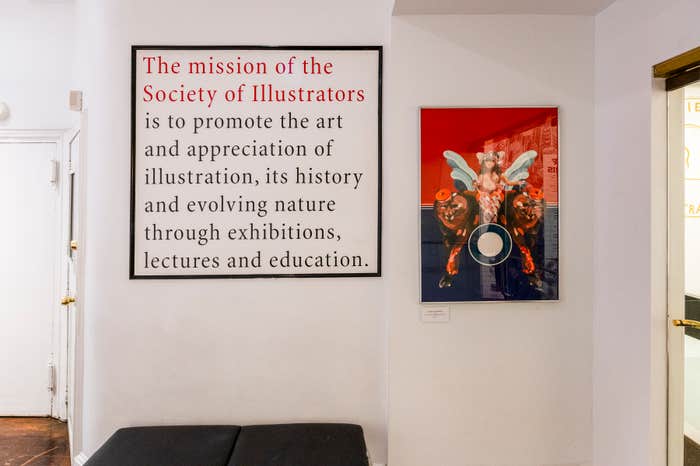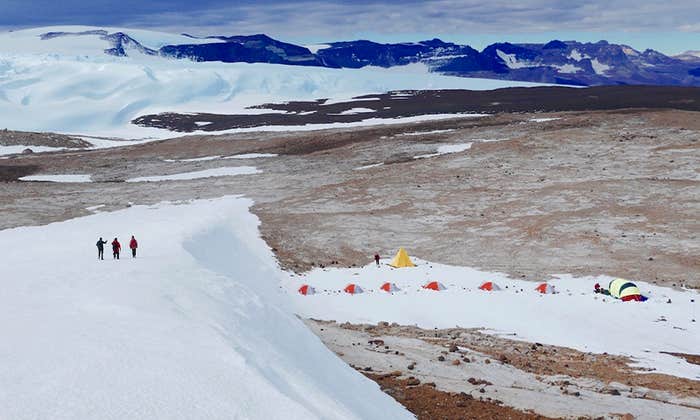Last week researchers working on the BICEP2 experiment in Antarctica announced that they’d seen solid evidence of gravitational waves that emerged very early in the Universe’s history. This discovery lent support to inflation, a theory of cosmology long popular among physicists but still lacking in direct proof. (To learn more about the recent discovery and how it relates to inflation, see this excellent piece by Natalie Wolchover in Quanta Magazine. To see the best reactions to the recent news, both excited and cautious, see this post in Facts So Romantic.)
In a stroke of fortuitous timing, Nautilus happens to have recorded a recent interview with Alan Guth, the theorist who originally posited the idea of inflation. Some of the interview ended up in a piece about time and why it seems to flow in one direction, but the conversation also veered onto other topics. Here is a clip of Guth answering one of the people’s most common questions about inflation: If the theory involves the Universe growing way faster than the speed of light, does that violate the Einstein’s theory of relativity and the widely known cosmic speed limit?
John Steele is Nautilus’ publisher and editorial director.

























